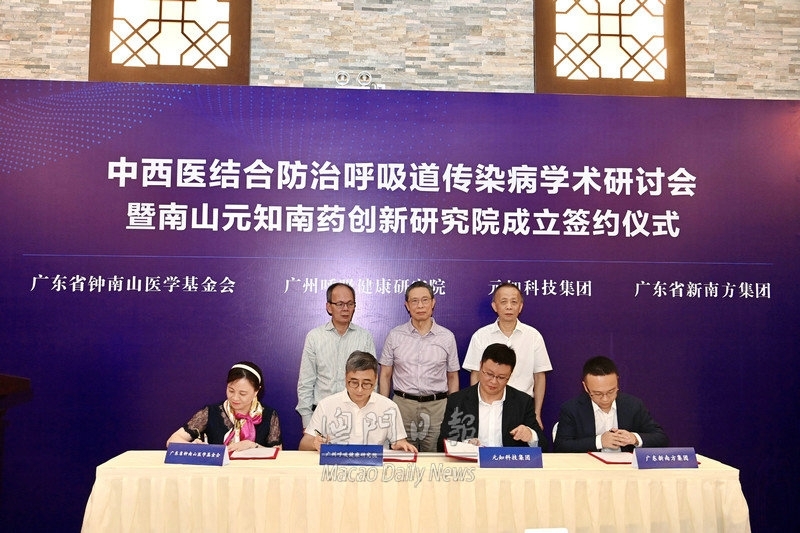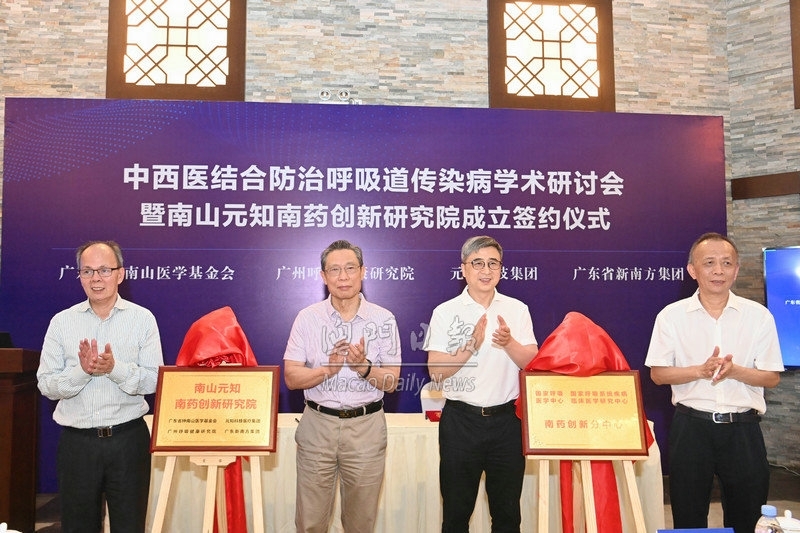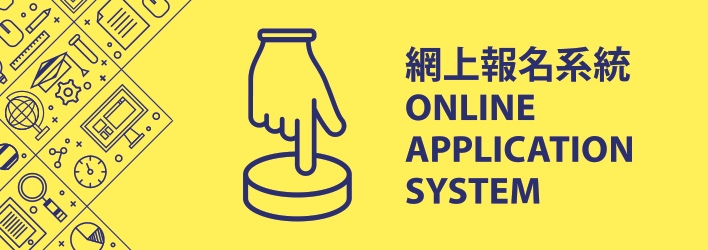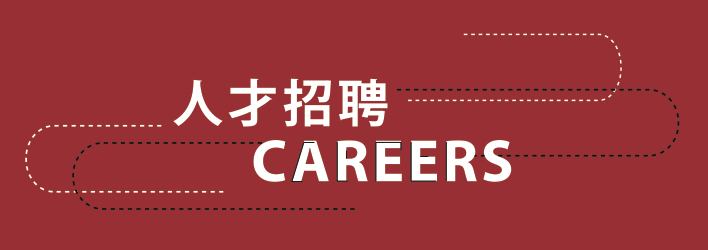
(Macao Daily report) The Nanshan Meta-Intelligence South Medicine Research Institute was inaugurated in Guangzhou yesterday. Also established was the South Medicine Innovation Center as a branch of the National Center for Respiratory Medicine and National Clinical Research Center for Respiratory Disease. The Institute is jointly established by well-known national research institutes and science and technology medicine and pharmaceutical companies, which has laid a great foundation for research-industry integration. It will be mainly devoted to innovative Chinese medicine research centering on South Medicine and in the meantime promote clinical innovations by way of artificial intelligence, big data and internet technologies.

Renowned Academician of the Chinese Academy of Engineering Zhong Nanshan serves as Honorary President of the Nanshan Yuanzhi South Medicine Research Institute, Academician of the Chinese Academy of Engineering and President of Macau University of Science and Technology, Liu Liang serves as Chairman of the Technology Committee, and President He Jianxing of Guangzhou Institute of Respiratory Health serves as President.
The collaborative partners of the newly established institute represent some of the leading science and technology institutes and medical and pharmaceutical enterprises, which have been engaged in collaborative research of clinical application of Qinghaosu artemisinin compounds as anti-COVID 19 therapies since the beginning of 2020 and have therefore exerted import roles in expediting the transfer of relevant research outcomes.
Academician Zhong Nanshan took Qinghaosu artemisinin as an example to address the paths toward internationalization of Chinese medicine, saying “For Traditional Chinese Medicine to go beyond national boundaries and reach an international audience, it is essential to provide solid and rigid tests and evidence; internationalization of TCM will happen only when it’s proved to complement western medicine and be capable of being tested effective against western medicine.” He cited the case of Qinghaosu artemisinin as an anti-malaria therapy as a good example where TCM gets international recognition by way of a path from basic research to clinical trials.
In the course of battling against COVID-19, several TCM studies such as those involving Lianhuaqingwen have made significant progress. Unlike what happened in the past where a drug was said to be effective based merely on experience, what is being done in the present is a standard procedure that consists of building up animal models, making available cell lines, getting infected by coronaviruses, and then screening Chinese medicine. This represents a complete transformation from basic research to clinical trials and from the former experience-based medicine to now evidence-based medicine.
As to the attention-grabbing studies on using Qinghaosu artemisinin compounds as a COVID-19 therapy, which incurs the question, if the malaria-specific drug is now a remedy of “One dug, two purposes” and therefore would be able to bring about significant changes to COVID-19 treatments in Africa? Academician Zhong Nanshan responded that the drug could be said to “have potentials”; however, if it indeed is a remedy of “One drug, two purposes”, it would depend not only on the rate of positive-to-negative cases but also on all-round genetic observations, saying “Must be tested in real practices, validated rigidly, supported by basic research, and proved effective through clinical trials; only like this, can it reach the international community.” South Medicine is traditionally practiced in the form of Chinese herbal tea, which, to the academician, represents another natural course for South Medicine to reach the world. He also expects that the founding of the Institute would help to push forward the course of internationalization of South Medicine.
Academician Liu Liang suggested that the development of South Medicine would reply on a reinforcement of studies on international standards, in particular, the Guangdong-Hong Kong-Macao Greater Bay Area should join forces to promote the development of South Medicine. Furthermore, in the face of the disruptions caused by COVID-19, further work could be done to screen South Medicine drugs as potential COVID-19 remedies.
Source of news and pictures: Macao Daily
https://appimg.modaily.cn/amucsite/web/index.html#/detail/9747754





